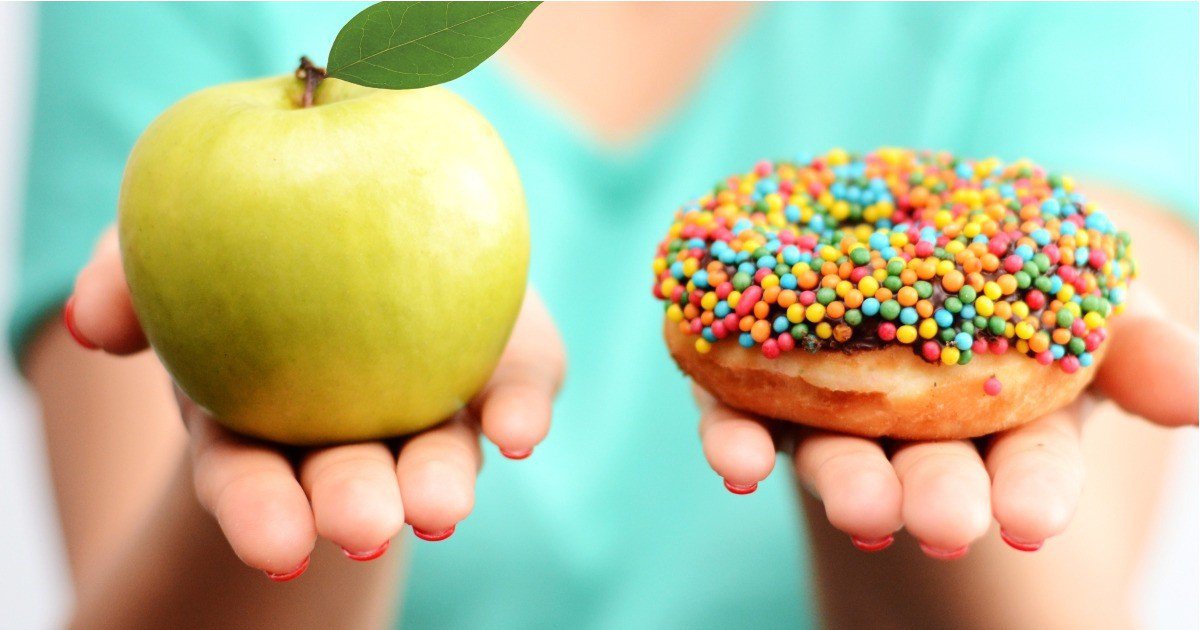Do apples affect diabetes and blood sugar?
This is an automatically translated article.
Apples are a nutritious fruit. However, the composition of apples is also high in carbs, which affect blood sugar levels. The following article will explain to you how apples affect blood sugar and how to incorporate them into your diet if you have diabetes.
1. Nutritional value of apples
Apples are one of the popular fruits. The nutritional composition of apples contains fiber, vitamin C and good antioxidants. One medium apple contains 95 calories, 25 grams of carbs and 14% of the daily allowance of vitamin C.
The majority of an apple's nutrients are found in the apple skin. They also help you feel full without consuming a lot of calories. You can feel just enough after eating just one apple.
The majority of an apple's nutrients are found in the apple skin. They also help you feel full without consuming a lot of calories. You can feel just enough after eating just one apple.
2. The relationship between apples and diabetes
If you have diabetes, controlling your carbohydrate intake is very important. Because of the three macronutrients — carbs, fat, and protein — of which, carbs affect your blood sugar the most.
One medium apple contains 25 grams of carbs, 4.4 grams of which is fiber. Fiber works to slow the absorption of carbs, helping to prevent blood sugar spikes in your body. Studies show that fiber is protective against type 2 diabetes, and many types of fiber can help control blood sugar.
In a nutshell, apples are high in carbs, which can raise blood sugar levels. However, the fiber found in apples helps stabilize blood sugar, and offers many other health benefits.

Táo kiểm soát lượng đường trong máu rất tốt, đặc biệt ở phụ nữ mắc tiểu đường thai kỳ
3. Eating Apples doesn't have much of an effect on blood sugar levels
Apples contain sugar, but most of the sugar in apples is fructose. Fructose found in fruits has little effect on blood sugar. In addition, apples contain fiber - the effect of slowing down the digestion and absorption of sugar. This means that sugar enters the bloodstream slowly and does not cause a sudden spike in blood sugar. Furthermore, polyphenols, which are plant compounds found in apples, also work to slow the digestion of carbs and lower blood sugar levels. The glycemic index (GI) and glycemic load (GL) are useful tools for measuring how foods affect blood sugar. Apples score relatively low on both the GI and GL scales, meaning they have very little effect on blood sugar spikes. According to data from a study of 12 obese women, blood sugar levels were 50% lower after eating a low GL meal, compared with a high GL meal.
Therefore, apples have very little impact on blood sugar, and are unlikely to cause blood sugar spikes, even in diabetics.
4. Apples can reduce insulin resistance
There are two types of diabetes - type 1 and type 2. If you have type 1 diabetes, your pancreas does not produce enough insulin - the hormone responsible for transporting sugar from your blood to the cells in your body. If you have type 2 diabetes, your body produces insulin but the cells in your body are resistant to it. This is called insulin resistance. Eating apples regularly can reduce insulin resistance, leading to lower blood sugar levels. This is because the polyphenols present in apples, found mainly in apple skin, stimulate the pancreas to release insulin and help the cells to absorb sugar.
In summary, apples contain plant compounds that can improve insulin sensitivity and reduce insulin resistance.
5. The antioxidants present in apples may reduce the risk of diabetes

Ăn táo mỗi ngày giúp giảm thiểu nguy cơ tiểu đường thấp nhất
Some studies have found that eating apples reduces the risk of diabetes, women who eat apples every day have a 28% lower risk of developing type 2 diabetes compared to women who do not eat any food. any apple. The antioxidants present in apples may play an important role in reducing the risk of diabetes. Antioxidants are substances that prevent certain harmful chemical reactions in the body. They have numerous health benefits, including protecting your body from chronic disease.
Significant amounts of the following antioxidants are found in apples:
Quercetin: Slows the digestion of carbs, helping to prevent blood sugar spikes. Chlorogenic acid: Helps your body use sugar more efficiently. Phlorizin: Slows the absorption of sugar and lowers blood sugar.
6. How do diabetics eat apples properly?
Eat the whole thing: To get all the benefits of an apple, eat it all. Avoid apple juice: Juicing doesn't have the same benefits as eating an apple directly, because it's higher in sugar and lacks fiber. Limit portion sizes: Only one apple a day should be eaten, too much can increase blood sugar. Allocate your daily fruit intake: Combining a variety of fruits with the right amount each day can help keep your blood sugar stable.
Please dial HOTLINE for more information or register for an appointment HERE. Download MyVinmec app to make appointments faster and to manage your bookings easily.
Reference source: healthline.com
This article is written for readers from Sài Gòn, Hà Nội, Hồ Chí Minh, Phú Quốc, Nha Trang, Hạ Long, Hải Phòng, Đà Nẵng.





